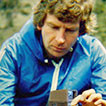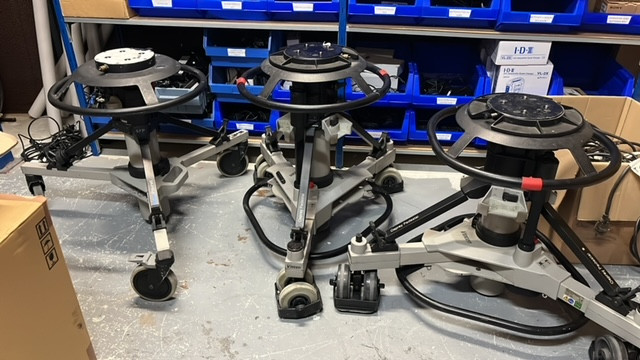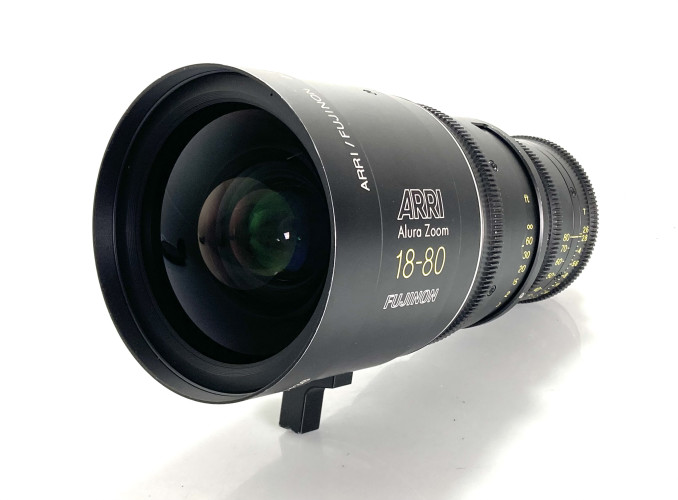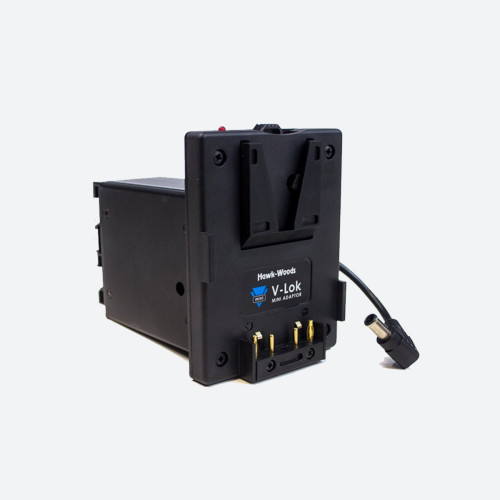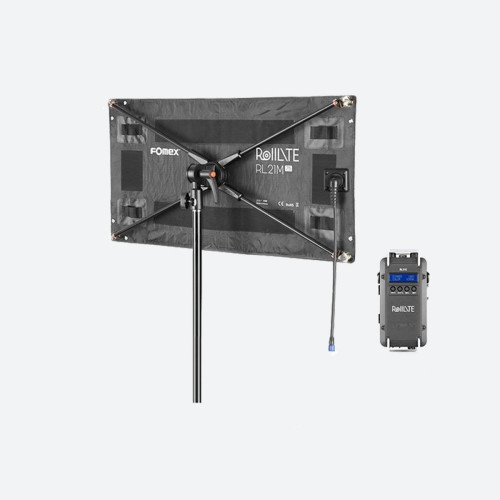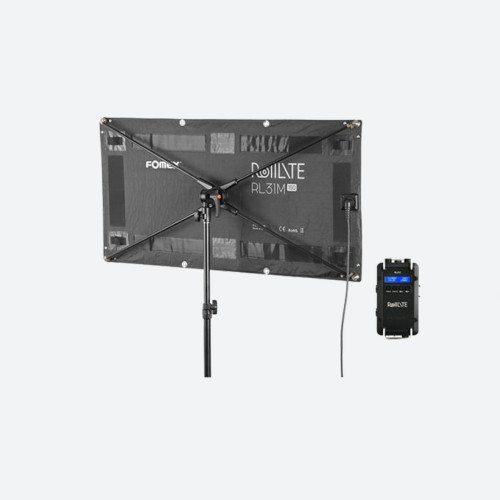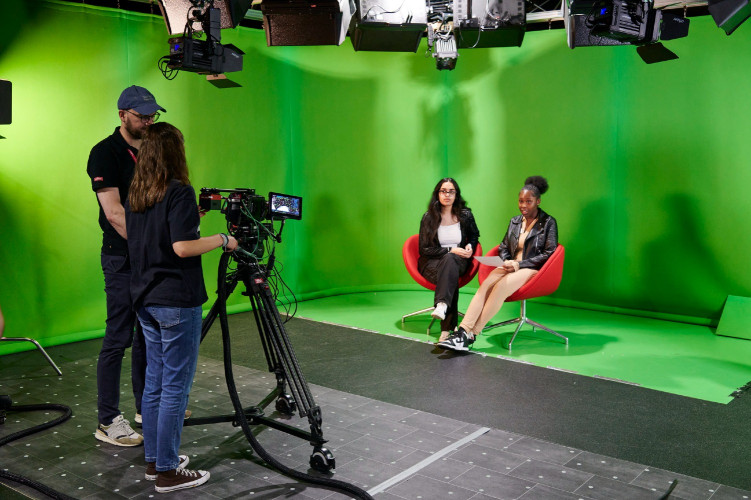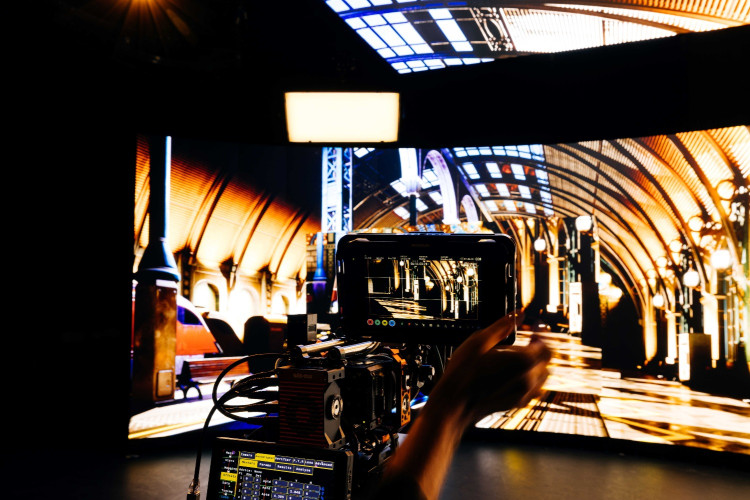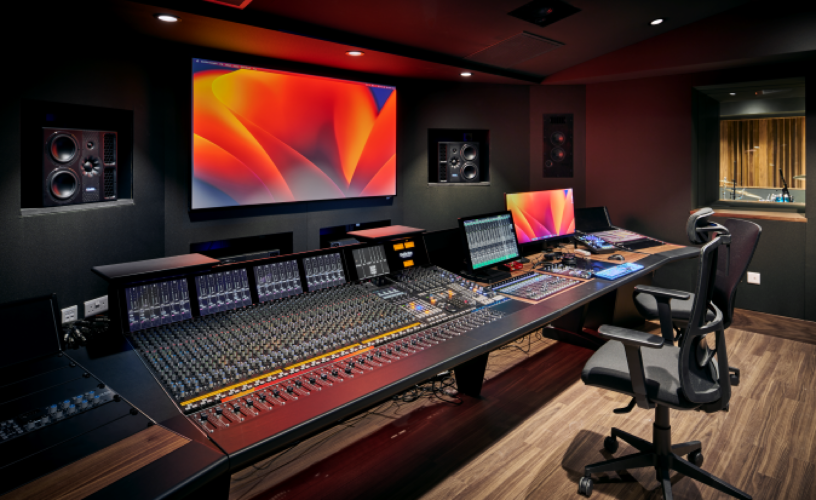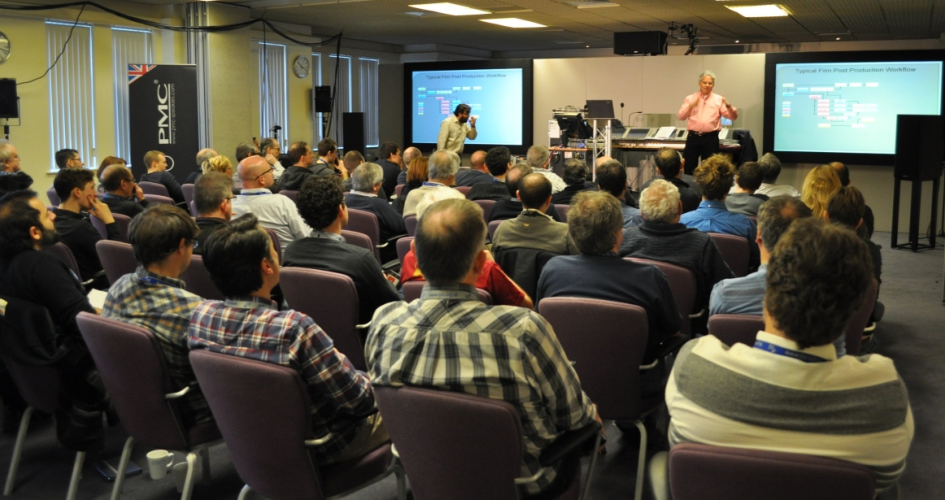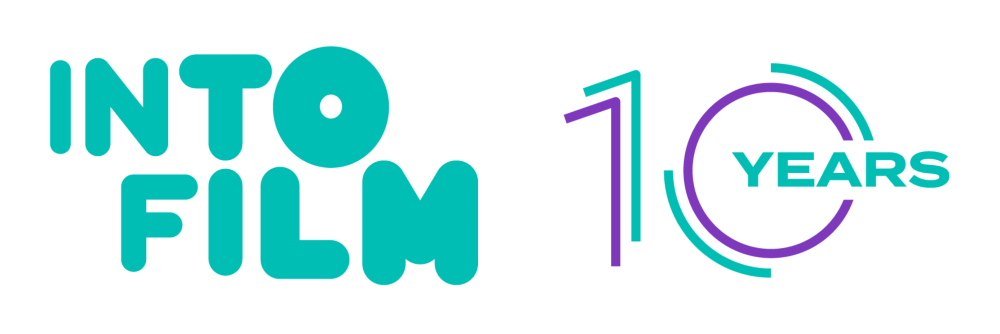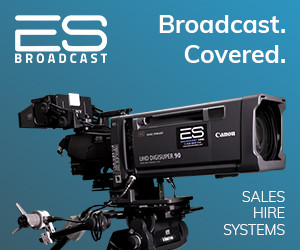by David Crossman Issue 92 - August 2014
Piers Haggard the BAFTA award-winning Director for his BBC TV work - says you can\'t teach Directing any more than you can teach Art. Piers may be right but I believe there are some directorial skills which can be passed on.
Like many crew members and actors I have suffered at the hands of inexperienced Directors who believe they have to know every technicality and proceed to tell everyone what to do in the finest detail they can muster. As you might expect such shoots tend to proceed slowly and people start looking at their watches around 1200 sensing they might be at the location until midnight.
I don\'t find this surprising since unlike camera, sound and lighting courses Directing is rarely taught, seemingly expected to be intuitive especially if the individual has written the script.
I\'m not a writer but in my professional career I\'ve Directed everything from \'soaps\' in Australia and Malaysia to Light Entertainment and Comedy at The London Studios the same wonderfully-designed studio used by Graham Norton. I\'ve worked with big stars like Lulu, Cannon & Ball and Metal Mickey and the large casts of characters you get in a 5-nights a week, half-hour \'drama series\' as broadcasters like to call them.
As you might sense much of what I\'ve been employed to direct has been multi-camera production. I enjoy this form of production because of the need to rehearse before a shoot in this respect the beginning of the process is much like theatre. Working with actors and other artists before the time pressures of shooting is a wonderful collaborative experience where ideas from both me and the cast get bounced around and we come up with something better. Rehearsal also means performers are more focussed because they have been allowed some creative input into the production they are more authoritative on screen which benefits them and their effectiveness in communicating with the audience.
I see my role on a production as respecting all the skills that individuals bring to a production whether in performance or in all those other wonderful craft skills like cinematography, sound recording, lighting, set dressing, wardrobe and make-up. Would you believe I have no skills in make-up? Would you believe I have little knowledge of the architecture and what people wore in the 1950s?
My job is Director - not Dictator. If my show has been properly “cast” with the best skills in acting and the technical crafts my responsibility is to allow all these creative souls yes, I\'ve never met any technician who didn\'t want to apply his or her technical knowledge in a creative way to have the time to do a good job. Despite the fact I understand and teach photography and lighting I want to work with people who are even more able in these Arts.
As Director I don\'t have time to worry about the camera exposure or the recorded sound levels since I have other responsibilities like finishing on time and ensuring the audience understands the story as it unfolds. Yes, I have responsibilities to the Producer and the Audience. Someone has to consider the Audience because, ultimately, they pay all our wages. It is the Audience I\'m trying to satisfy to deliver understanding, humour and all those other aspects of humanity that give us pleasure and we want to watch and capture for posterity.
With today\'s technical advances we are overwhelmed with the choice of the most fantastic kit Microphones without acoustic “colouration”, LED lighting which delivers heat-free illumination at your chosen colour temperature and Cameras which can deliver hugely defined images which often surpass the eye in sensitivity to certain colours. Having lived through decades of trying to coax early colour cameras to produce good pictures things are now very easy cameras are better defi ned and have wonderful dynamic ranges where the audience can now see into both lowlights and highlights if I want them to.
That\'s it! I\'m fi nally getting close to what I do as Director; half the promise implied in this article\'s title. I decide what I want the audience to see and what I don\'t want them to see. I am a visual storyteller. Someone has to deliver in this important responsibility.
The Producer is rightly concerned whether he\'s delivering the promised work on budget while the Cameraman is monitoring whether the shot is correct framed, exposed and in focus. Meanwhile the Make-up Artist is looking to see whether those beads of sweat on the leading man\'s top lip are appropriate or not. Who else is viewing the action from the Audience\'s point or view? Who else is caring about the Audience\'s understanding, their sense of fun, their appreciation of a character\'s vulnerability ? Me, the Director, because others often don\'t have time to.
My directorial skills toolkit includes not “crossing the line” when placing the camera\'s point of view but also knowing how to lead a team of people who are making the production. No one person makes a fi lm or TV programme, it takes a team of individually-skilled people who need a little space to work well and be given creative responsibility relating to their specialist skills. That\'s what I do, I lead talented people. You can\'t make quality fi lms in a reasonable time on your own, can you?
Before I became a Director I was nominated for a BAFTA Technical Craft award for editing an ITV drama so I know about editing where to place a cut for its effectiveness or its invisibility. I know how I like shots framed with a good amount of looking-room but no excessive headroom. I like the perspective of recorded dialogue to match the perspective of the picture. I also have my own preferences in Lighting like mixing light of different colours - as in life. But when I Direct I don\'t actually physically do any of these things.
As Director I don\'t do anything “hands on”. I don\'t touch cameras, lights or microphones that\'s not my job. I don\'t step over the line into the technical areas where other members of the crew have responsibility and are, hopefully, more knowledgeable about their chosen art and craft than I. I don\'t tell people how to do their job. That\'s what I don\'t do.
David Crossman is a founder member of the Directors Guild of Great Britain and now a member of Directors UK. He has directed TV programmes for 40 years and has been teaching Production skills to Undergraduates since 2003. Working with ITTP Founder Graham Reed, in July 2014 David delivered an ITTP lecture on Directing at 01Zero-One in Soho. David can be contacted via: dareks@btconnect.com



